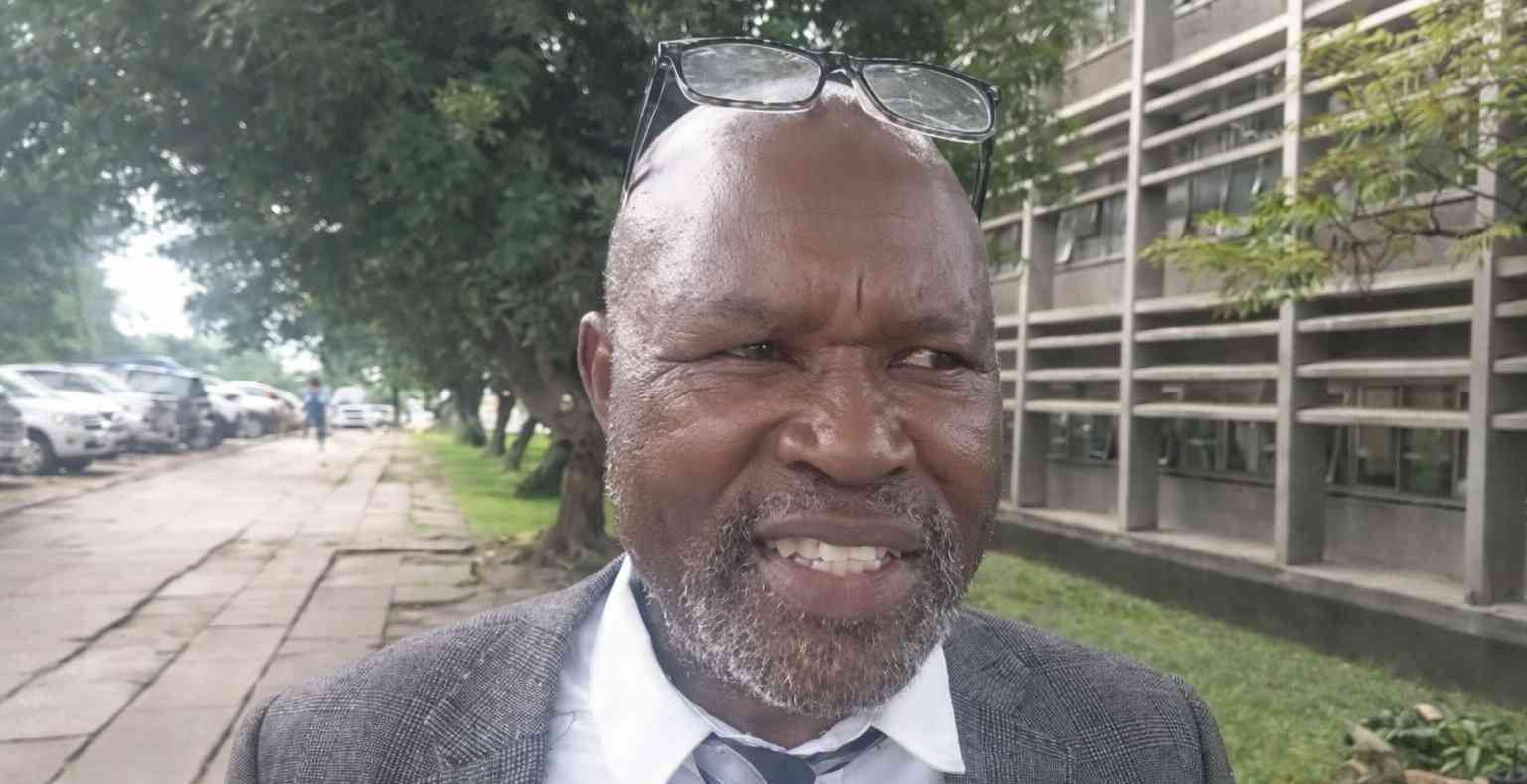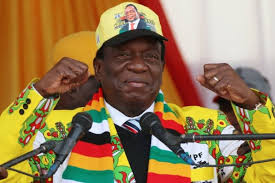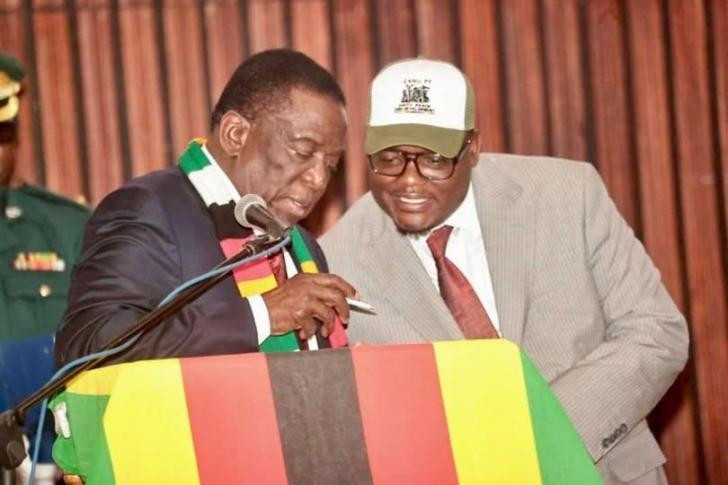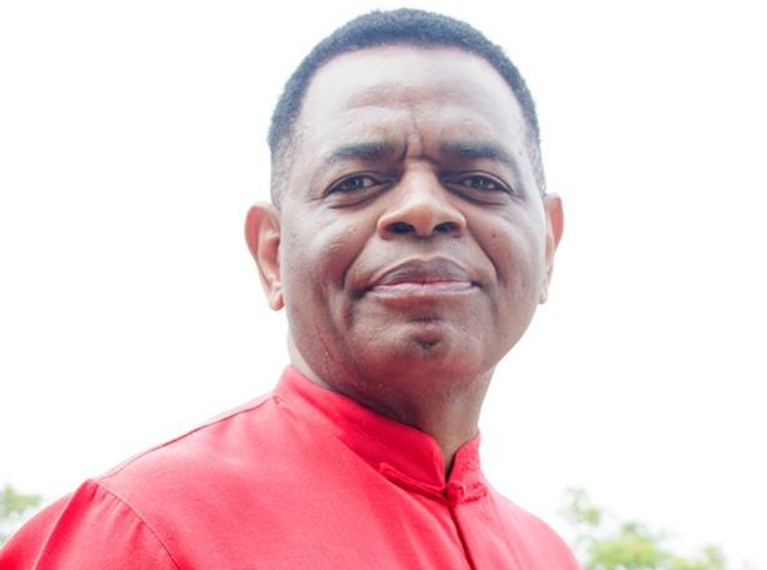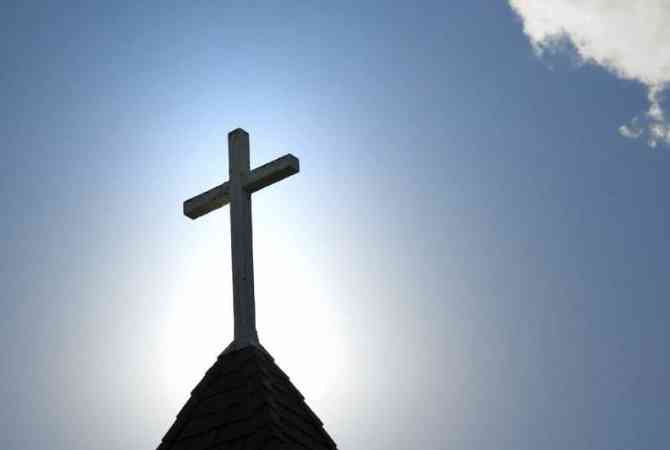
Religion is a collection of cultural systems, belief systems, and worldviews that relate humanity to spirituality and, sometimes, to moral values.
Religions and related social and cultural structures have played an important part in human history.
As mental structures, they influence the way we perceive the world around us and the values we accept or reject.
As social structures, they provide a supporting network and a sense of belonging.
In many cases, religions have become the basis of power structures and have become intertwined with it.
History, remote and recent, is full of examples of "theocratic" states, be they Christian, Hindu, Muslim, Bahai or other.
The contribution that religious actors can make to peacebuilding and national development “as the flip side of religious conflict” has been increasingly explored and analysed.
History presents cases of mediation, peacebuilding and community development by religious leaders and institutions.
- Masvingo turns down fire tender deal
- The reincarnation of ATR in apostolic sect churches.What is going on?
- Model speaks on identity push
- The reincarnation of ATR in apostolic sect churches.What is going on?
Keep Reading
For example, the World Council of Churches and the All Africa Conference of Churches mediated the short-lived 1972 peace agreement in Sudan.
In South Africa, various churches were at the vanguard of the struggle against apartheid and the peaceful transition. Among the most dramatic and most frequently cited cases is the successful mediation that the Rome-based Community of Sant'Egidio achieved to help end the civil war in Mozambique in 1992.
Tapping from the above history, rays of hope can only start beaming as soon religious leaders & authorities put their hands and heads together in response to both human and social ills threatening the ever echoed noble visions and agendas for sustainable peace development.
It is inspiring to note that the importance of religious actors in steering the communities and nations towards a desirable end is not in the blind spot of all as exhibited by the humbling efforts of the Universal Peace Federation (UPF).
UPF maintains that any successful strategy for peace must take into account the spiritual dimension of our human identity, experience and interactions.
Based on this worldview, UPF initiated the Interreligious Association for Peace and Development as a partner organization to the International Association of Parliamentarians for Peace.
Through interreligious dialogue and exchange of viewpoints among the world’s religions and faith-based organizations, terrorism, violent extremism and the world’s ills can be proactively addressed.
Religious leaders are well-situated to deal with community-based concerns and can play a significant role in reconciliation and building a culture of peace.
Due to their moral authority and emphasis on human rights based on the principle that we are one family created by God, religious leaders can help rebuild divided societies and assist in humanitarian services for the alleviation of hunger, disease and trauma due to violence and war.
The world’s religions and faith-based organizations can provide a unique set of valuable resources for achieving a just and peaceful world.
As it is known, any plan to act without due knowledge & understanding will always breed chaos and confusion.
Despite the great colored UPF vision, the operational strategies of Interreligious Association for Peace and Development national chapters will determine the success of the UPF ideologies and
I would like to commend the direction that has been taken by IAPD Zimbabwe which was captioned in their first public meeting which was held under the theme “Inclusion towards sustainable peace and development” on the 14th of June 2024 in Harare.
In this meeting IAPD opened a platform for transformational discourses while promising to keep an ear open to learn from marginalized communities in a bid to amplify the suppressed voices of both people & the environment.
With the collaborative spirit exhibited by the organization's ability to bring the Christians, Baha'i faith, Muslims, Brahma Khumaris, government departments, corporate world and civic organizations under one roof, success is inevitable provided the unity is not hypocritical and all the commitment will be in word and deed.
Through interreligious dialogue and exchange of viewpoints among religions and faith-based organisations, national issues and global ills can be proactively addressed. Religious leaders, due to their moral authority and emphasis on human rights, can play a significant role in reconciliation and building a culture of peace in Zimbabwe.
Generally religious actors occupy the teachers role in their communities of belonging and according to the Brahma Khumaris definition the meaning of a Real Teacher and his Virtues and Speciality are as follows:
T - Trained
E - Equality
A - Administration
C - Creativity
H - Humility
E - Etiquette
R - Responsibility
A teacher who falls in the above category would understand that to tolerate does not mean to die, but to live in everyone's heart with love.
No matter how much against you someone is, even if you have to tolerate not once but 10 times, nevertheless, the fruit of the power of tolerance is imperishable and sweet and if only we can have teachers of such caliber across all religions sustainable development will cease to become a distant dream but a living reality.
The sooner various religions understand that the role of religion is not to try to change others but to focus on changing oneself, the sooner we'll realize that every challenge is an opportunity for growth and self-discovery and every soul is beautiful and unique; don’t compare or judge, but appreciate and celebrate.
Trusting the journey of life, all religious actors should understand everything happens for a reason and in perfect timing.
Embracing past failures as stepping stones to success; we need to keep moving forward without exterior expectations but grounded in our internal peace.
In a world full of chaos and drama, everyone both small and great across the globe is looking for peace like a lost coin and today the 23rd and tomorrow June 24, 2024, Harare and Bulawayo respectively it is such a privilege and honour for Zimbabwe to host a globally-renowned spiritual teacher BK Shivani offering ancient wisdom to navigate through challenging times.
BK Shivani’s TV show Happiness Unlimited is adapted into a book owing to its success.
The book in India qualified into the Amazon Best-Reads List and went on to be the No.1 bestseller in the Religious and Spiritual section.
Her second book Being Love was released in 2019.
Having traveled to over 35 countries across the globe across USA Canada United Kingdom Europe Australia and New Zealand Africa South-East Asia and Middle East she has delivered over 3500 talks overseas and in India.
She shares simple practical wisdom through diverse platforms like public programs, television shows, discussion panels, interactive workshops, retreats seminars, corporate events, social and community development initiatives, radio shows and social media outlets.
BK Shivani regularly interacts with nearly 7.4 million followers (as of February 2021) on social media. Videos on her YouTube channel have registered over 385 million views (as of February 2021). She holds an Electronics Engineering degree from the Pune University India.
- Tinashe Chikodzi is a chartered customer service professional, social entrepreneur, founder and director of Chartered Institute of Organic Health Trust, member of the Africa Project Against Suicides. Mobile No. +263 716 641 253
- These weekly articles are coordinated by Lovemore Kadenge, an independent consultant, managing consultant of Zawale Consultants (Private) Limited, past president of the Zimbabwe Economics Society and past president of the Chartered Governance and Accountancy Institute in Zimbabwe. Email- kadenge.zes@gmail.com
- Mobile No. +263 772 382 852.

